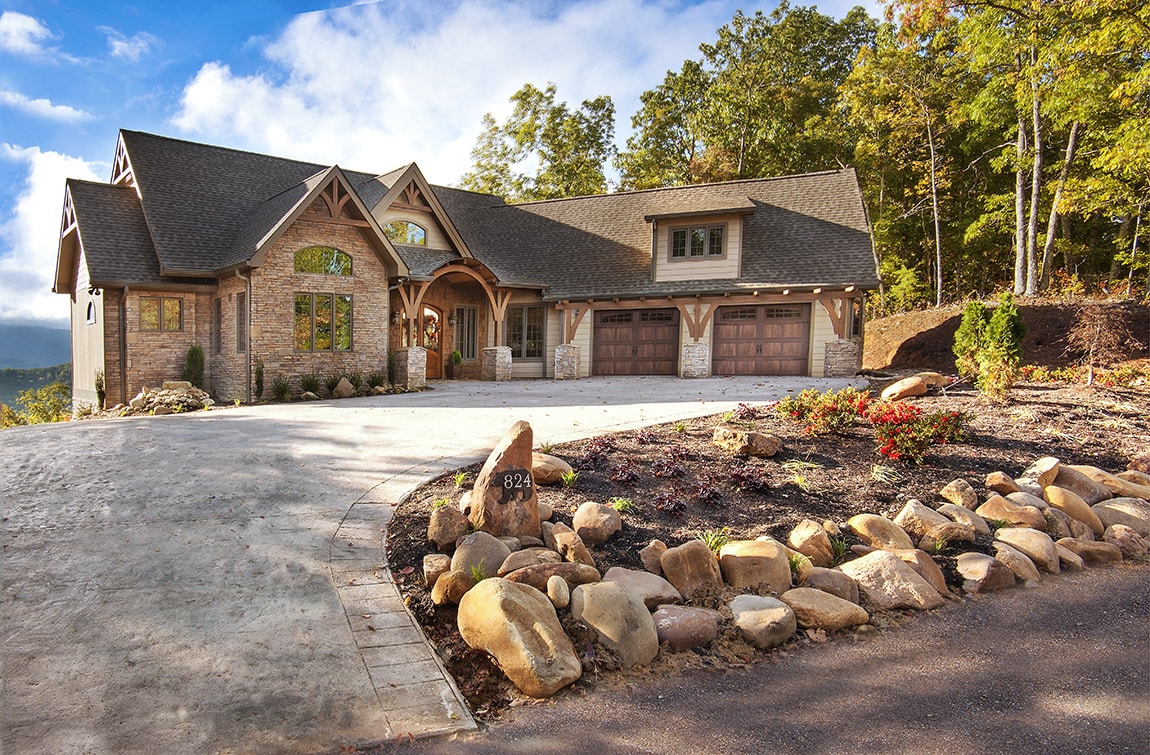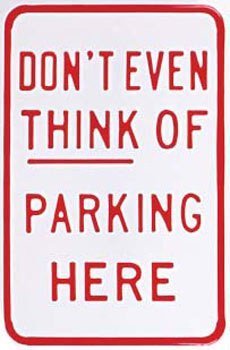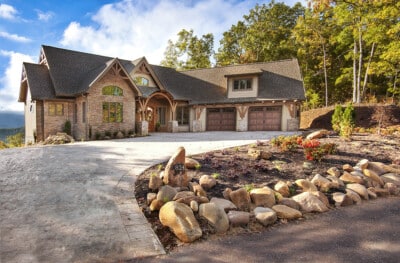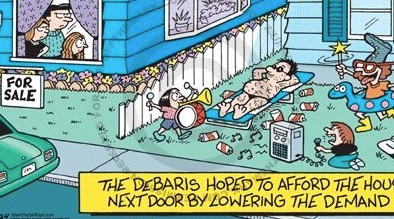 Homeowners Associations Good or Bad?
Homeowners Associations Good or Bad?
If you’re shopping for land for your new log or timber home, it’s likely you’ve come across a few properties that are governed by a homeowners’ association. Homeowners’ Associations, or HOAs, have been in existence for years, but have gained in popularity over the last several years. Over 62 million residents, in over 26 million homes, are members of HOAs. Most townhouse and condominium developments, and many single-family subdivisions, have HOAs.
Most associations were established to ensure the upkeep of common areas and buildings, and to establish standards of acceptable behavior within the community. Duties and responsibilities of HOAs have expanded since their inception, to include trash collection, water and sewage services, and sometimes even “master insurance.”
Homeowners’ Associations have gotten a bad reputation for being unfair and heavy-handed. While some HOAs have undoubtedly earned this unfavorable reputation, others have been unjustly blamed by homeowners who simply didn’t follow the proscribed rules. Before you purchase property that is a part of an HOA, it is important to understand that there are both positives and negatives associated with your membership. It will be up to you to decide if the benefits outweigh the drawbacks. A number of the pros and cons are outlined below.
The Benefits of a Homeowners’ Association
HOAs provide amenities.
One of the biggest benefits to HOA membership is the amenities that are included. Many communities include use of common areas, such as a community center (or clubhouse), swimming pool, fitness center, tennis courts, playground, and walking trail. These are areas in which you can relax with other residents or reserve for private parties.
HOAs regulate uniformity and help keep up appearances.
Homeowners’ associations set guidelines regulating everything from acceptable paint colors for homes to the length of your grass. While this may seem restrictive to some, others appreciate knowing that there won’t be any strange-colored houses or overgrown lawns in their community. It also means that you and your neighbors may not be able to keep trash cans in the front of your home or park on the street. The idea behind these rules is to keep the community clean and inviting, and many people are happy to comply.
HOAs reduce your responsibilities.
Typically, the fees you pay to your HOA go toward services such as snow removal, repairing roads, cleaning up dead trees, maintaining common areas, and in certain communities, trash removal and lawn care. This benefit allows residents to use their time for other activities, such as maintaining their homes, sprucing up their yards, or relaxing with their families.
HOAs often include water and sewer services.
In some communities, a portion of residents’ fees goes toward municipal services, such as water and sewer. By sharing these costs with your neighbors, the amount you pay toward these services could be greatly reduced over time.
 HOAs often provide security.
HOAs often provide security.
Homeowners’ associations often put your fees to good use by contracting with a private security service or even the local police department, to provide around-the-clock security to the residents of the community. This service can offer peace-of-mind to the community’s residents, which many feel is worth the price tag.
The Disadvantages of a Homeowners’ Association
HOAs have fees.
Whether they’re due monthly, quarterly, or annually, every homeowners’ association charges their members a fee to offset the costs of neighborhood maintenance and upkeep. These fees can be quite steep, often in the thousands of dollars. The fees themselves can often determine whether a family is able to live in a certain community. If the HOA fee is going to squeeze your budget, don’t build in that community.
HOAs are strict about their regulations.
Homeowners’ associations expect their members to adhere to their rules or face the consequences. These consequences can range from a fine to legal action to foreclosure on the property. In other words, HOAs are serious about their regulations. If you’re not a rule-follower, don’t live in a community that has an HOA.
HOAs impose restrictions on residents.
If you desperately want chickens in your backyard, if you live in a community with an HOA, you may not be able to. HOAs put restrictions on everything from the number and size of animals you may own, to the number and type of vehicle you can park in your driveway (no RVs, commercial vehicles, etc.), to the plants you can plant in your flowerbeds, to where your propane tank must be located (if you can have one at all). Before building, ask about restrictions on material usage and time allowed to complete the build. Let them know which builder will be working on your home. HOAs can’t dictate which builder you use, but they don’t have to approve your choice, either. In addition, ask about restrictions on builders’ signs being placed on your property during your build. Signs help subcontractors and material companies find the correct address. If you aren’t allowed to have signs up, these important people could get lost! Remember, if you choose to join an HOA, you choose to follow their rules. If this is an issue, don’t buy the property!
HOAs expect residents to get approval before starting projects.
Before beginning any home project, residents must first ask and receive approval from their HOA. This is because homeowners’ associations want to make sure your back deck or your new fence will conform to their standards. You should seek their approval even for seemingly small items, such as adding solar panels to your home or erecting a clothesline in your back yard. Save yourself some headaches and get permission rather than forgiveness.
HOAs can be bullies.
While most HOA board members are volunteers, they are elected by their fellow community residents. They are given the power to make important decisions within that community. And, as we all know, a little power can really go to a person’s head. While the majority of homeowners have a harmonious relationship with their HOA board, one-quarter of HOA members surveyed reported having a major issue with their HOA. Problems reported have been numerous: not approving a builder simply because an HOA board member has a personal conflict with this builder; being hypercritical of a certain type of building material, even though the by-laws do not forbid it; waiting weeks or even months for the board to make a decision about a specific issue. There have even been reports of HOA board members receiving kick-backs if certain builders or materials companies are used. Stay vigilant. If there appear to be power struggles within a board, there probably are. That may not be the community you want to build your log or timber home in.
As you can see, HOAs have their good points and their bad points. While one person may love the fact that their HOA mows his lawn, another person may be miserable because she can’t paint her house purple.
Our recommendation is this: before buying, study the homeowners’ association’s by-laws. Go to a meeting, talk to residents, ask questions. Don’t assume rules will be easily bent, but don’t assume they never change, either. Ask how often fees increase and how much the increase usually is. If you have a question that is not specifically answered in the HOA’s by-laws, ask the board for the answer and get it in writing before going forward with any purchase. Make sure you understand and can tolerate the restrictions and fees before you put down any money. If you decide the HOA life is right for you, happy homeowner! If not, buy a nice piece of property in the mountains and avoid the HOAs like the plague.



